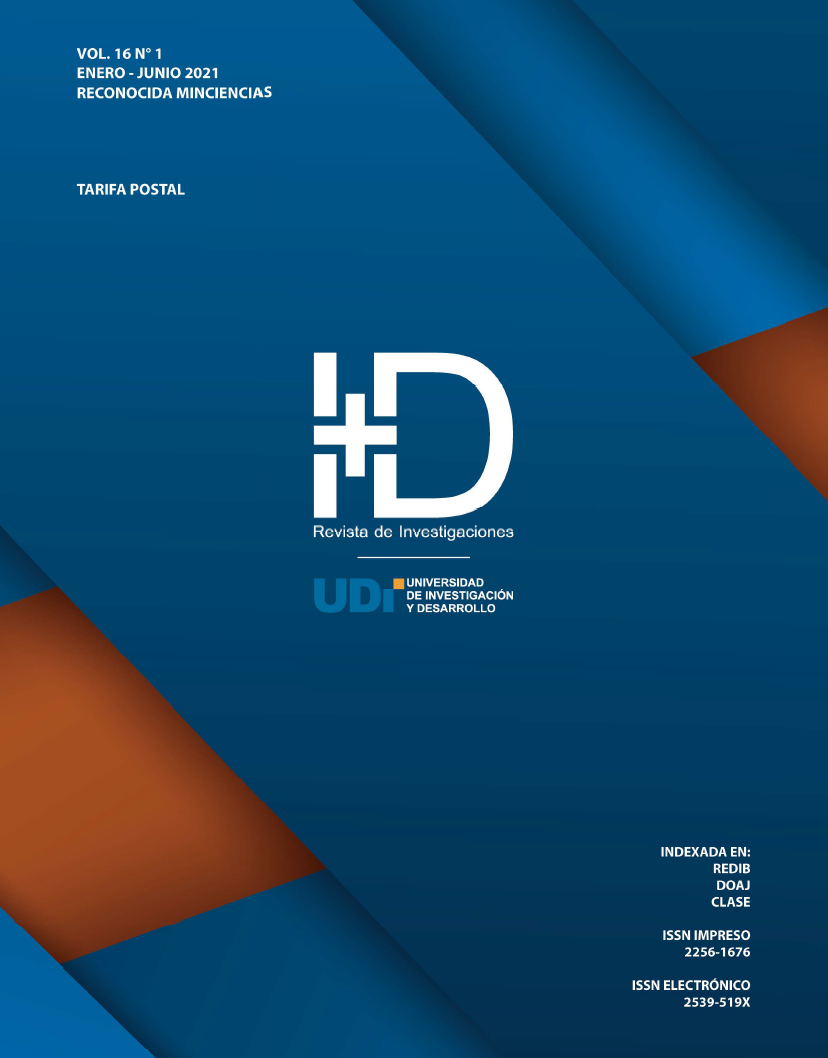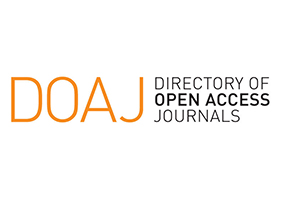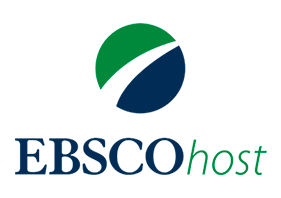Design of a game for the course of Gestión Financiera Enfocada en la Industria 4.0
DOI:
https://doi.org/10.33304/revinv.v16n1-2021012Keywords:
Finance, industry, automation, games, competitionsAbstract
In the last years, playful games have become didactic tools that allows professors to complement their master classes. These have been very useful to demonstrate the appropriation of knowledge through the simulation of a specific context, in which students must apply theoretical components in practice. Given the importance of this theme, the Faculty of Engineering of the Corporación Universitaria Empresarial Alexander von Humboldt, set about strengthening this type of practical learning through the creation and subsequent validation of a game focused on financial management and the impact of the fourth industrial revolution at the business level. The design of the didactic tool focuses on the basic topics associated with the finances of companies that intend to start in the world of digitization and smart factories, supported by the engineering laboratory equipment of the von Humboldt University (Calliope and Fischertechnik). Throughout the play, the student manages to detect the competencies that an industrial engineer must develop to face the challenges of Industry 4.0, and based on this, the tool is validated by means of a test applied to the participants where the impact of playful activity versus master class is compared.Downloads
References
Acosta-Medina, J. K., Torres-Barreto, M. L., Álvarez-Melgarejo, M. y Paba-Medina, M. C. (2020). Gamificación en el ámbito educativo: Un análisis bibliométrico. I+D Revista de Investigaciones, 15(1), 30-39. https://doi.org/10.33304/revinv.v15n1-2020003
Argudín, Y. (2001). Educación basada en competencias. Revista Magistralis, 20, 39-61.
Barros, T. (2017). La industria 4.0: Aplicaciones e implicaciones. Universidad de Sevilla.
Brown, T. (2008). Design Thinking. Harvard Business Review, 86(6), 84.
Cancela, I. (2001). La Revolución Industrial. http://www.capacitacion.edu.uy/files/medios/cd_prosoc09/sitio/lecturas/Modulo_1/La_Revolucion_Industrial.pdf
Chacón, P. (2008). El juego didáctico como estrategia de enseñanza y aprendizaje ¿Cómo crearlo en el aula? Nueva Aula Abierta, 16(5), 1-8.
CUE Alexander Von Humboldt. (2018). Proyecto educativo del programa Ingenieria industrial. https://www.cue.edu.co/admin/js/plugins/ckeditor/kcfinder/upload/files/PEP.pdf
Del Val Román, J. L. (2016). Industria 4.0: la transformación digital de la industria. http://coddii.org/wp-content/uploads/2016/10/Informe-CODDII-Industria-4.0.pdf
Echeverri, J. H. y Gómez, J. G. (2009). Lo lúdico como componente de lo pedagógico, la cultura, el juego y la dimensión humana. https://blog.utp.edu.co/areaderecreacionpcdyr/files/2012/07/LO-LUDICO-COMO-COMPONENTE-DE-LO-PEDAGOGICO.pdf
Escribano, G. (2011). Gestión financiera. Paraninfo. (3.a ed.).
Fischertechnik. (2020). Calliope. Programar en educación primaria. Fischertechnik. https://www.fischertechnik.de/es-es/productos/aprender/stem-robotics/544626-calliope
Flores, A. y Tena, R. (2016). Design Thinking : Educational Innovation and Methodological Research. Didáctica, Innovación y Multimedia, 33, 1-6.
Gómez, M. C. (2010). Definición de un método para el diseño de juegos orientados al desarrollo de habilidades gerenciales como estrategia de entrenamiento empresarial. http://www.bdigital.unal.edu.co/1968/1/32242923.20101.pdf
Gómez Suta, M., Zuluaga Ramírez, C. y Arenas Valencia, W. (2016). Propuestas de herramientas pedagógicas experienciales como instrumentos claves en la formación de ingenieros competentes para apoyar el proceso de enseñanza-aprendizaje del área de investigación de operaciones y estadística. https://antiguo.acofipapers.org/index.php/eiei2016/2016/paper/viewFile/1537/566
Grupo GEIO. (2020). Quiénes somos. https://academia.utp.edu.co/geio/nosotros-edicion-2/
López, D. C. y Mejía, L. A. (2017). Una mirada a las estrategias y técnicas didácticas en la educación en ingeniería. Caso Ingeniería Industrial en Colombia. Entre Ciencia e Ingeniería, 11(21), 123. https://doi.org/10.31908/19098367.3290
Mantilla, S. (2018). La cuarta revolución industrial está aquí, ¿está usted preparado? file:///C:/Users/usuario/Downloads/Revolución 4.0 142201.pdf
Open Roberta (s.f). Programa NEPOprog. https://lab.open-roberta.org/
Peŕez-Carballo Veiga, J. (2015). La gestión financiera en la empresa (1.a ed.). ESIC Editorial.
Terrés, J. I., Lleó de Nalda, Á., Viles, E. y Santos, J. (2017). Competencias profesionales 4.0. file:///C:/Users/usuario/Downloads/Competenciasprofesionales4.0.pdf
Ynzunza, C., Izar, J., Bocarando, J., Aguilar, F. y Larios, M. (2017). El entorno de la industria 4.0: Implicaciones y perspectivas futuras. ConCiencia Tecnológica, 54, 33-45.












